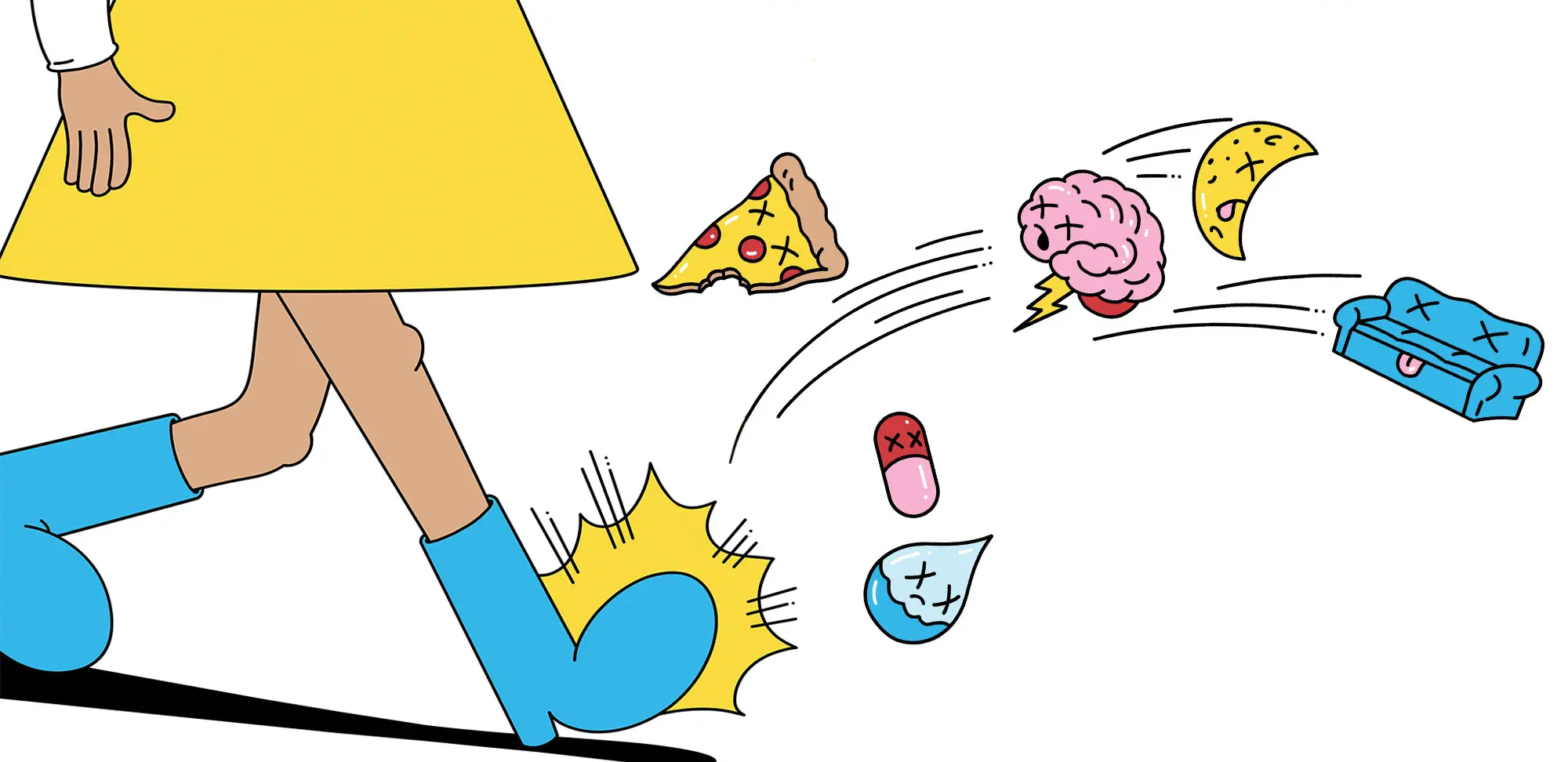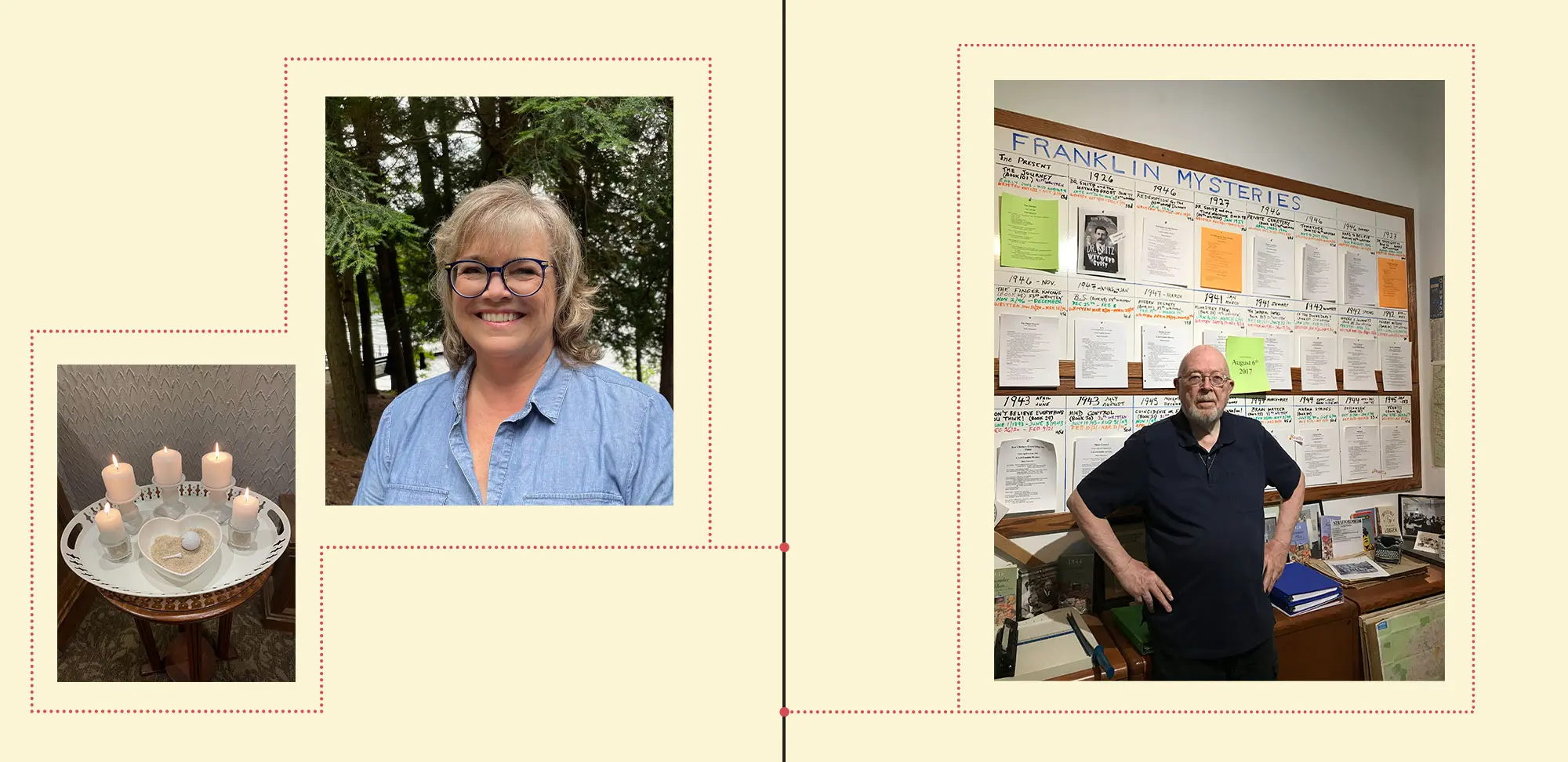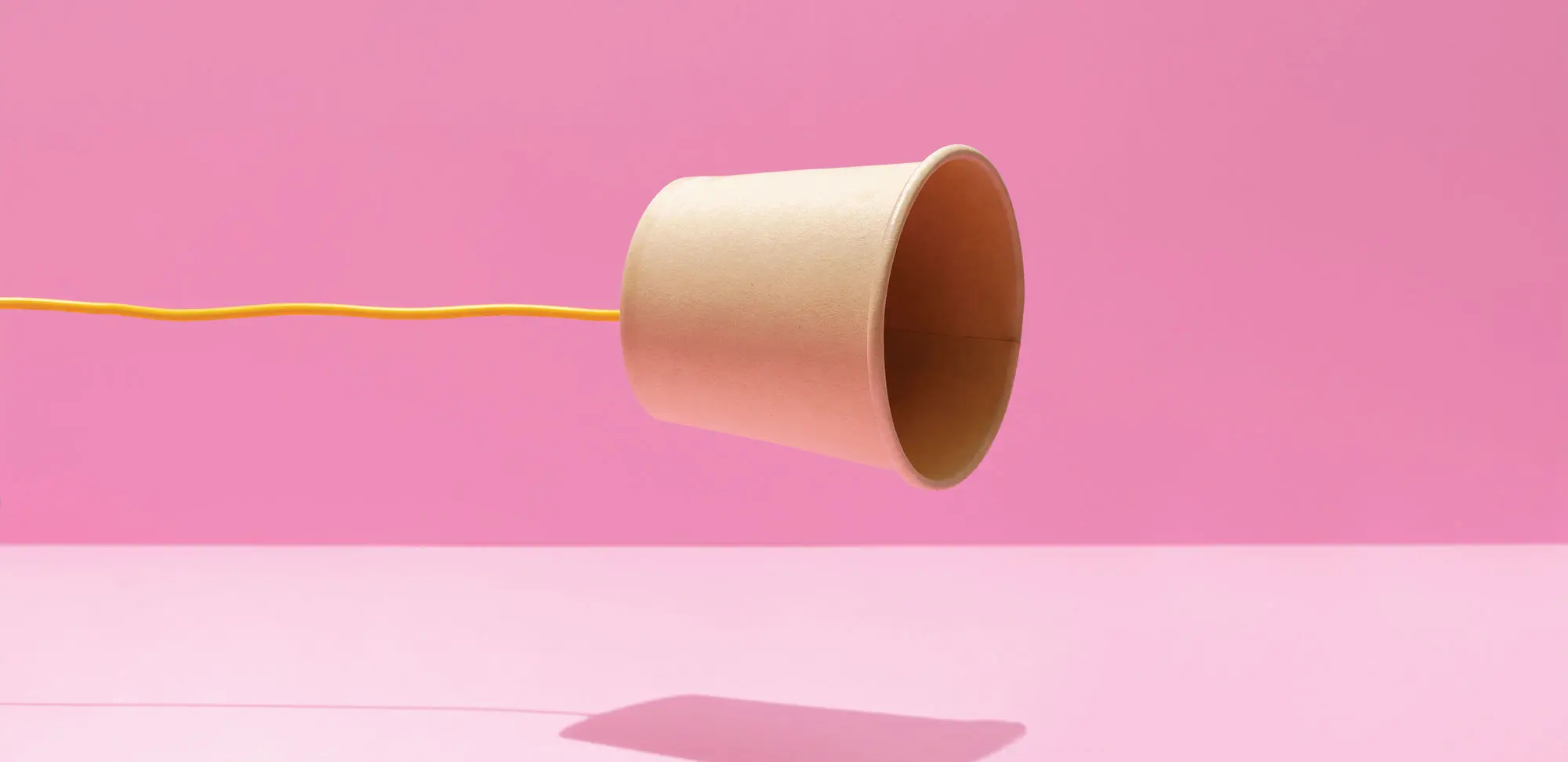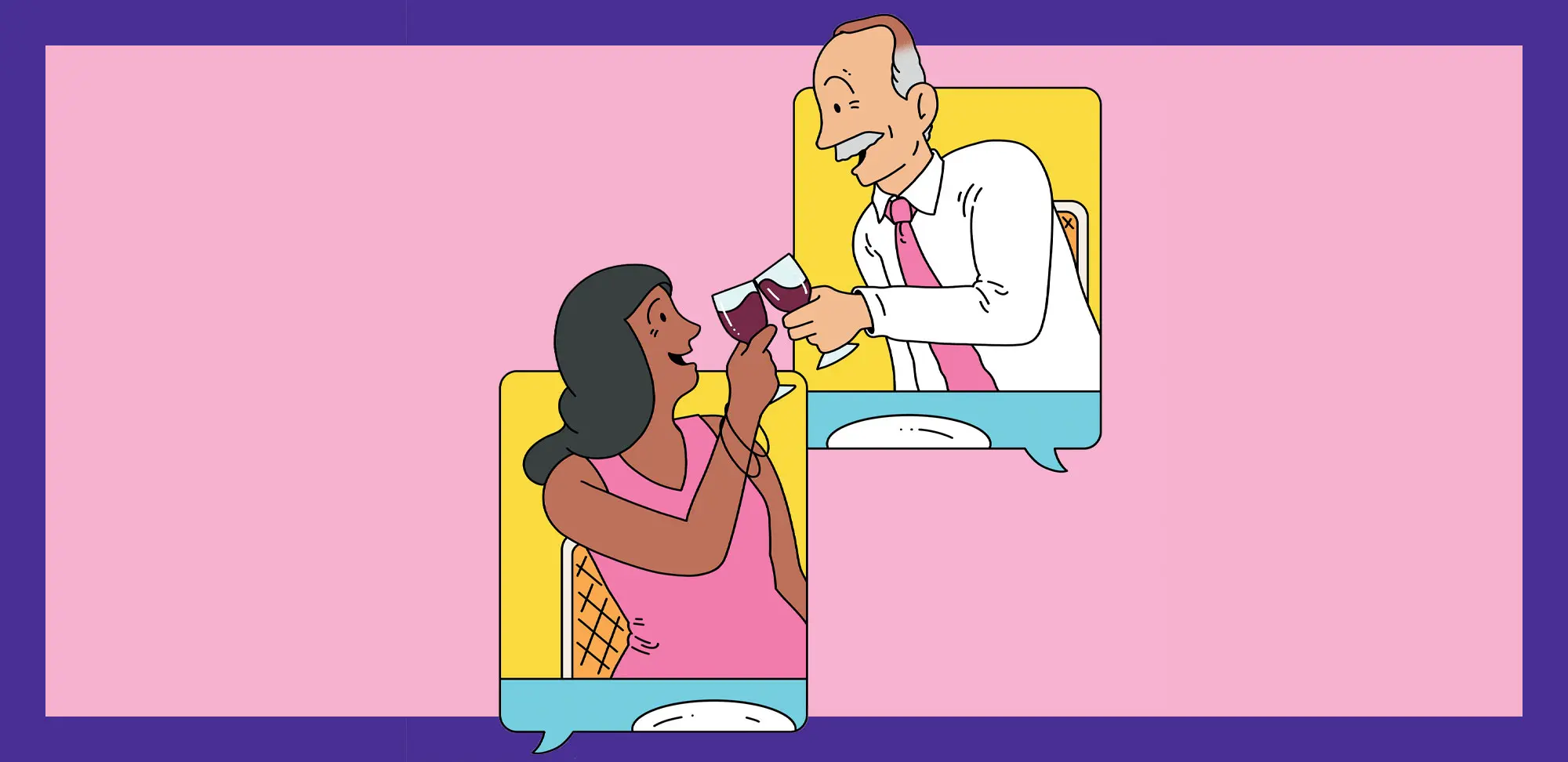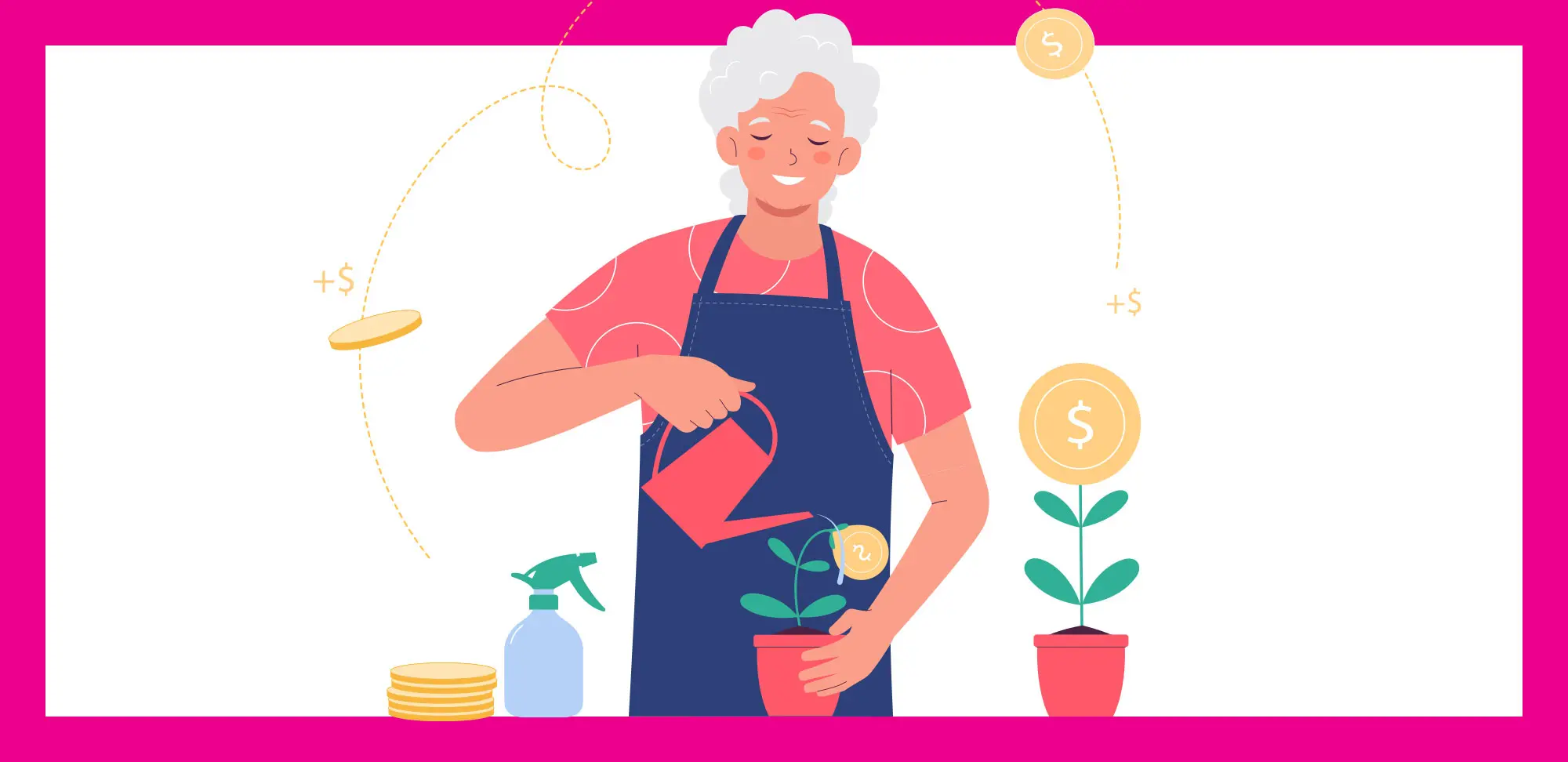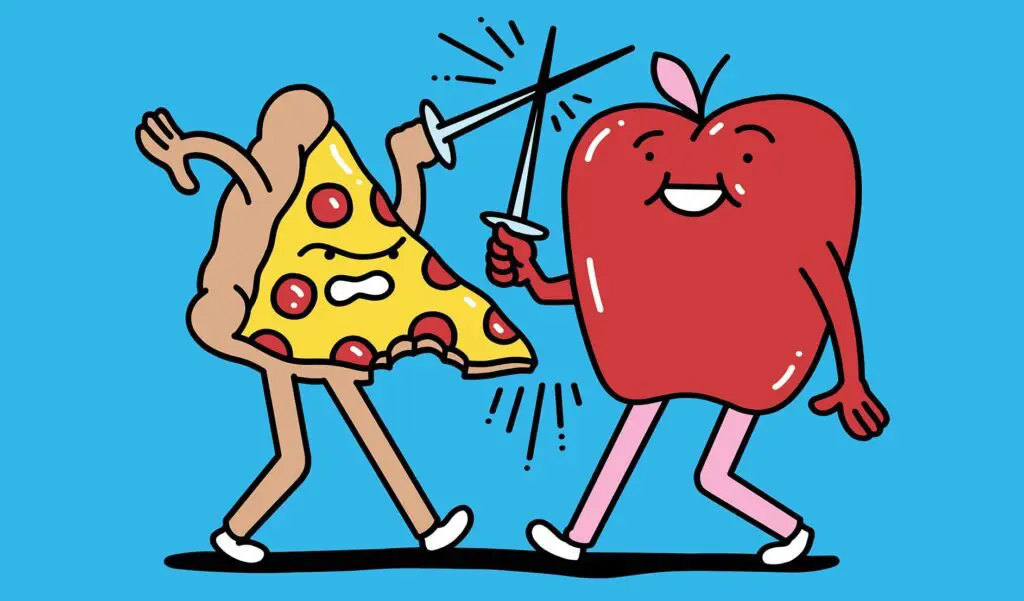
1 Poor diet
Solution: Eat the right stuff
As we age, our appetites become smaller, which means getting the right nutrients to maintain strength and energy can be a challenge. Heather Keller, professor and Schlegel Research Chair in Nutrition and Aging at the Schlegel-UW Research Institute for Aging at the University of Waterloo, says that meals don’t have to be complex to be nutritious. “Think about the Canada Food Guide — there’s three food groups on it: whole grains, high-protein foods, and vegetables and fruits.”
Poor gut health can also lead to lethargy. “Our microbiome — the community of microorganisms that live in our gastrointestinal tracts — can change over time,” Keller says. “We’re taking medications, maybe we’re not exposing ourselves to many foods, maybe we’re eating more refined foods,” she adds, explaining that all these things can affect your gastrointestinal health. You can support your gut by consuming a variety of prebiotic whole foods, which help slow down digestion and reduce spikes in blood sugar that contribute to low energy. Protein is a great way to keep up your energy and stabilize blood sugar, and older adults need to pay specific attention to consuming more for optimal muscle health — about 20 to 30 grams per meal, and 12 to 15 grams per snack.
Keller also recommends a vitamin D supplement, since it’s harder to access through foods, and increasing calcium intake — she recommends that both men and women eat three to four servings a day of dairy or other high-calcium foods like almonds and leafy greens.
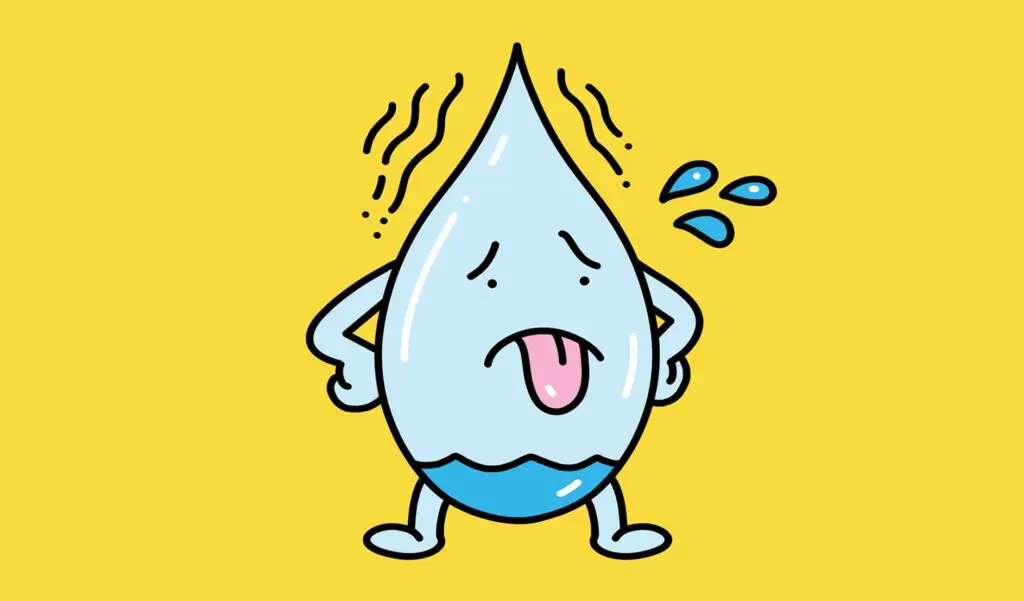
2 Dehydration
Solution: Drink plenty of fluids
Our thirst drive decreases as we age, and we can become dehydrated, which contributes to fatigue and can even lower blood pressure, and not in a good way. When you’re dehydrated, you experience a decrease in blood volume, which reduces the amount of blood pumped by your heart, and that low blood volume can cause your blood pressure to drop.
“You’ve heard of drinking six to eight glasses of water per day, but that doesn’t have a lot of scientific basis,” Keller says. Dietitians and healthcare professionals recommend drinking about 15.5 cups (3.7 litres) of fluids a day for men and about 11.5 cups (2.7 litres) of fluids a day for women. Food can be hydrating, too — think juicy fruits, soups and yogurt, and non-alcoholic beverages.
Watch for changes in the frequency and colour of urine, Keller says, to determine how hydrated you are. The darker the urine, the more water you need to drink.
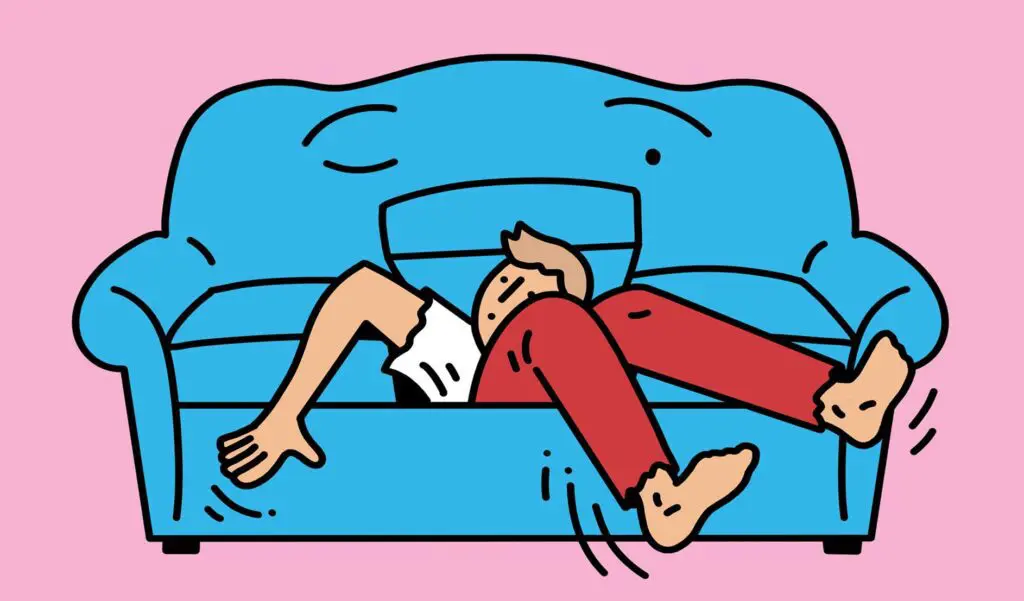
3 Lounging around
Solution: Get moving
Sounds counterintuitive, but not exercising enough can sap your energy. Aerobic exercise such as brisk walking, jogging, swimming or cycling helps improve cardiovascular health, which keeps our blood moving efficiently so our cells get more oxygen, resulting in energy gains that fuel the cells in our tissues and muscles. According to the Government of Canada, two and a half hours of moderate to vigorous aerobic activity per week, or 20 minutes per day, is recommended for older adults. Start low and go slow — take a walk around the block and gradually add intensity each week.
Since muscles lose one to three per cent of their strength every year after age 60, strength and resistance training twice a week is essential, incorporating balancing activities like yoga and tai chi.
Add brief moments of exercise throughout the day — think squats, marching in place and wall push-ups.
Finding exercise that gets you moving is key. “Leisure activities you find joyful that have a physical element is really important,” says occupational therapist Gary Eng, the owner of Function First Occupational Therapy & Rehabilitation Services in Richmond, BC. These activities help maintain strength and balance, which can help you avoid even bigger energy-drainers, like taking a fall. When Eng has an older client who loves gardening, for example, he encourages them to stick to it, and might suggest equipment or modifications, “like raised garden beds,” to make the activity more accessible.
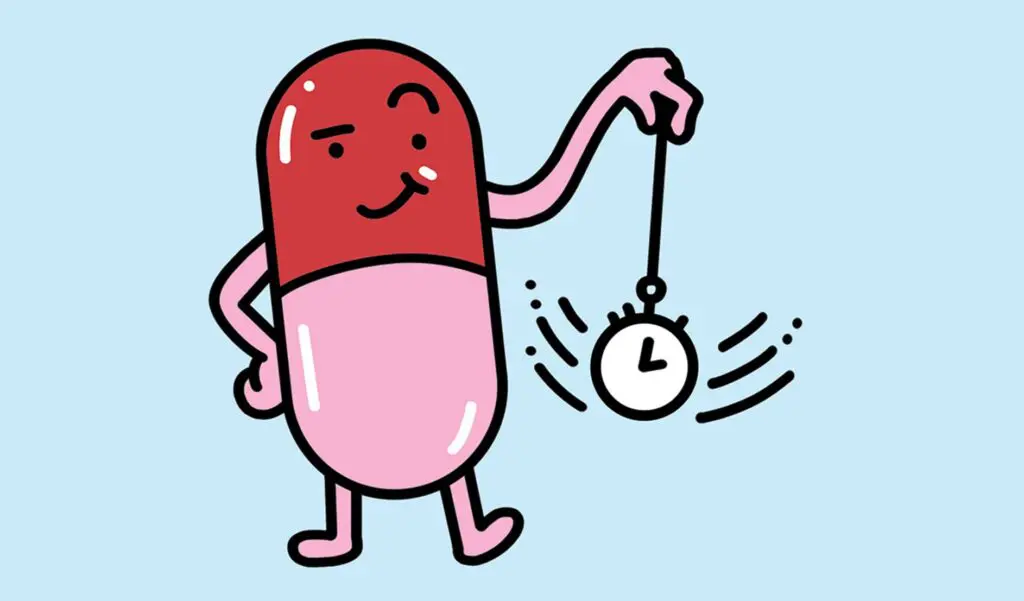
4 Medications
Solution: Ask about alternatives
Some medications may have energy-sapping side effects. Diphenhydramine, found in cold and allergy medications, is a regular offender. Beta-blockers like acebutolol and metoprolol, used to treat high blood pressure, as well as selective-serotonin-reuptake-inhibitor antidepressants, muscle relaxants and opioids, may have a sedative quality. If you’re zonked from taking your daily dose, talk to your doctor about alternatives.
Adding a B12 supplement, especially if you take medications that affect your stomach acid, may help boost energy, according to Keller. “When you don’t have that [stomach acid], you don’t have the ability to absorb B12 from food.” Get your B12 levels checked routinely, because a deficiency can lead to side effects such as confusion. It also doesn’t hurt to check for other health issues, such as anemia and hypothyroidism, which can respectively be treated with supplements and hormone replacement tablets.

5 Not sleeping well
Solution: Stick to a schedule
Mariam Daneshgar, a registered social worker and psychotherapist serving Ontario and Nova Scotia — and an expert in anxiety, stress and insomnia — says that one of the best ways to regulate your energy levels and moods is to wake up at the same time every day. Exposure to natural light right after you wake up is helpful in resetting your circadian system, she says, which means restoring your sleeping and wake-up times by sticking to a schedule. Consider a light-therapy box, opening your curtains or taking a walk as soon as you wake up, especially in winter.
Our bodies typically need six to nine hours of sleep, Daneshgar says, but everyone is different. As we age, we sleep less, and sleeping disorders like insomnia and sleep apnea can affect our energy levels. Use your bed only for sleeping, wind down an hour before bed every night, and become aware of when you’re truly sleepy. “We want the nervous system to calm down before we go into sleep,” she says.
And sleep and exercise are energy partners, another reason to keep active.
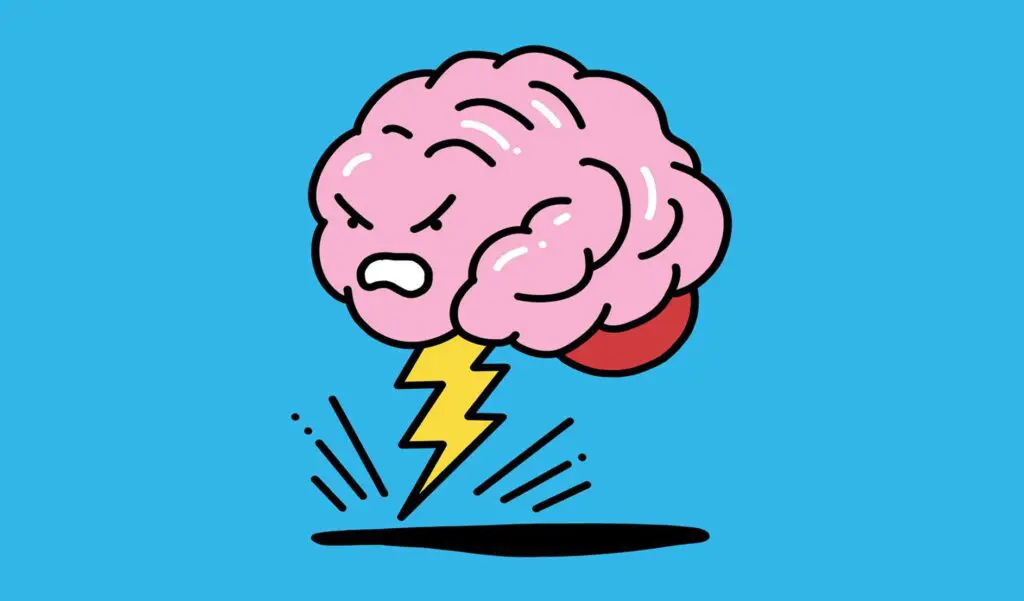
6 Stress and anxiety
Solution: Build mindfulness into your day
Stress can be a serious energy sapper. Our bodies pump out hormones during moments of high stress, which can lead to feeling “wired and tired.” Build mindfulness into your day, like belly breathing (put one hand on your belly and when you breathe in, push your belly out as far as possible; when you breathe out, feel your hand on your belly move in), scheduling in “worry” time for an hour, journalling, or using a mental-health app.
Open up to others whom you trust, because feeling alone can also be exhausting. “Prioritizing wellness is not a luxury,” Daneshgar says. “Without our well-being, nothing else exists.”
Anxiety, depression, dealing with grief and transitioning into a new lifestyle can be stressful and often overwhelming, Daneshgar says. “Dealing with those stressors can be tiring as you adjust and make sense of all these changes.” The consequences? Poor sleep, frequent naps, or even isolation from your social circles or avoiding doing things you enjoy. “If you’re tired all the time, you’re not going to want to go out and do whatever it is that you enjoy normally.”
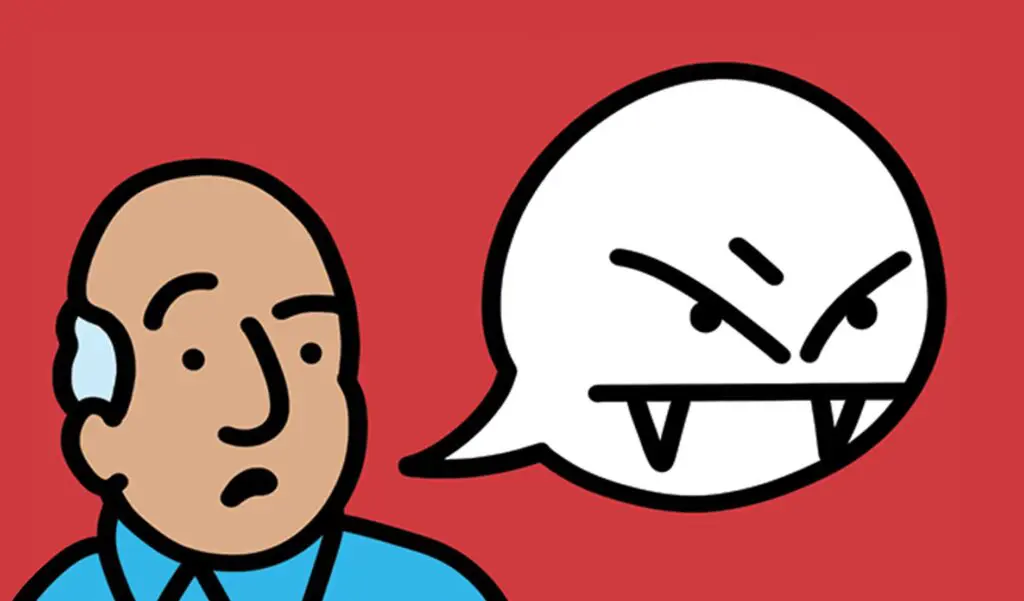
Energy Vampires
Energy vampires — you know, people who use emotionally controlling tactics, often unintentionally, to sap your emotional energy, exploit your empathy and leave you feeling drained. What to do? Put yourself first — and here’s how.
Alter your expectations: You can’t fix them, but you can change how you think about them. Don’t offer advice or let them use you as an emotional punching bag.
Set boundaries: Plan vampire-free events or weekend trips and slowly limit the time you spend with them.
Don’t give them room: If they call, text or stop by, offer an excuse like “I don’t feel well” or “I have plans already.” Slowly, they’ll need to start looking elsewhere.
Say bye-bye: It’s not easy cutting someone out of your life, but if you’ve truly had it, remember that you have the freedom to let this person go. Make protecting yourself your priority.
